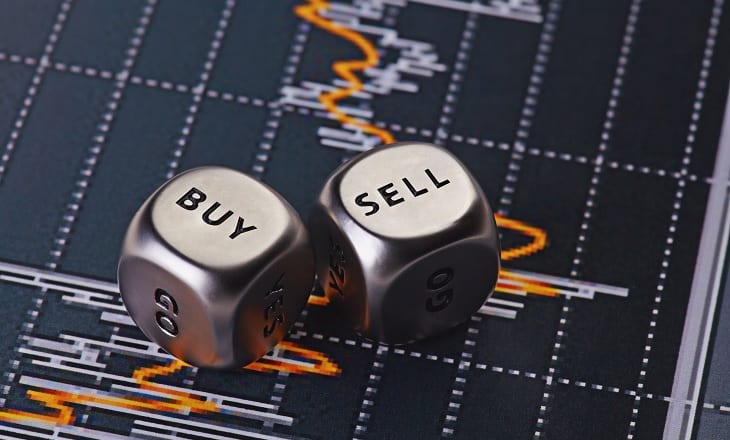This article was written by freelance writer Zak Goldberg.
At its peak in September 2014, an estimated $6 trillion was transacted every single day across the globe. This coincided with a period of sustained (if slightly sluggish) economic growth, as the climate began to improve after the Great Recession and years of stagnation.
While forex trading volumes remained relatively high at approximately $5.1 trillion last year, the average level of activity had clearly dipped as the world’s economic and geopolitical climate worsened once again.
This offers a clear insight into the nature of the market and how it is perceived by investors, and the question that remains is whether or not we will see further declines as the world braces itself for yet another period of macroeconomic uncertainty?
How Do Forex Trading Volumes Typically React to Hardship?
As a general rule, the appetite for forex trading declines as the macroeconomic and geopolitical climate worsens. So, whereas investors are keen to embrace liquid derivatives such as currency when the global economy is buoyant, there are more inclined to seek out secure stores of wealth (such as gold) during periods of austerity.
This makes perfect sense of course, as currency is a highly volatile derivative that can cause traders to lose far more than their original investment. Conversely, the demand for and the value of gold rises as the economy continues to endure hardship, with prices known to increase incrementally as other macroeconomic factors decline. Gold can therefore be held as a physical store of wealth until the economic experiences growth once again, and the reliable nature of this precious metal offers genuine reassurance during difficult times.
Can Forex Trading Still Prove Profitable in a Depreciating Economy?
While this explains why daily trading volumes are likely to fall during difficult economic times, however, we must remember that investors will continue to transact in excess of $5 trillion a day even as the climate stalls. This means that it continues to appeal to a wide range of traders, particularly those with a greater appetite for risk and larger returns.
This is because those with in-depth knowledge and a keen sense of determinism can still profit from currency trading in a declining economy, while those with particular expertise can even thrive amid such turbulent conditions. Much of this has to do with the derivative nature of currency, which is highly liquid and allows investors to trade without assuming ownership of any underlying asset. So, even as the market begins to depreciate, traders can speculate and hedge against specific currencies to optimise short and long-term gains.
Forex trading also allows investors to buy and sell currencies in pairs, enabling them to consistently back one to rise or fall against another. This creates a hugely flexible investment vehicle, and one that can deliver even greater returns during difficult economic times.
Let’s take the current economic climate as an example, as we have seen the sustained devaluation of the pound (GBP) while the US Dollar (USD) has seen consistent gains on the back of excellent data. Even though the GBP has seen periods of recovery since the UK voted to leave the EU last June, it continues to trade within a narrow range and underperform against the greenback, which in turn has enabled investors to back the USD / GBP pairing (or hedge against GBP / USD) with excellent results.
While this may change as U.S. President Donald Trump strives to create more competitive exports with a slightly weaker dollar, it is an example of how currency trading continues to offer opportunities to investors regardless of the prevailing economic climate.
The Bottom Line: Why Forex Trading Has Universal Appeal Even as the Economy Shifts
While the popularity of forex trading may decline slightly in a depreciating economy, its core nature remains unchanged. This means that investors with an inflated appetite for risk can continue to profit from currency even as the economic landscape continues to shift, as they speculate without the burden of ownership and look to capitalise on the immense level of liquidity that exists within the forex market.
